As debate rages about what is to be done about our roads, our vehicles and our drainage and erosion problems, I want here not to contribute to the many, often conflicting, but mostly very practical suggestions. Rather I want to reflect on and articulate some of the underlying pictures and feelings that people have about the Island. Often unacknowledged in the practical decision making process, these feelings and pictures nevertheless affect our decisions and our decisions will affect them.While I write a wild westerly blows, evoking that gnawing anxiety about the possibility of a tree falling on my house. Though in some cases it might be necessary to cut a branch or a tree down, I don’t consider cutting down all the trees near my house in order to be safe. Living amongst the trees is perhaps the most beautiful thing about living here on Scotland Island. Our canopy of eucalypts and the way they sway and bend in the wind is fundamental to the spirit of the place. So too, much of what we value about the Island has nothing at all to do with convenience, or ease. Certainly the choice we have each made to live here could not have been based on issues of convenience. Other things were given higher priority, whether the natural beauty, the community or the sense of removal from suburbia. Some may not have been aware just how the difficulties would affect them but all of us knew that we were not opting for the driveway to the back door. Many would not choose to live here but for those of us who love it, let us consider what it is we value about Scotland Island.
When I was pregnant with my second child, sick and exhausted, and my toddler would take an hour to coax up the hill to the house, we decided to leave. Within six months we knew we had left a part of ourselves behind and within nine months we were back on the Island with a renewed sense of the intense charm of this place.
What we have here that you don’t get in the suburbs, even the bushy parts, is a little sense of the wild. We have a moat protecting us from the tidy dangers of suburban life. We have the trees around us, we walk on the earth, over rocks and through mud. Our children can play freely on the tracks and roads and in the reserves. We know and rely on our neighbours and friends. Even the difficulties and inconveniences we all share serve to draw us together as a community. More than that , I think they actually add to the value of the place, they certainly add to our sense of connection to it. We are aware of and dependent on, the elements here, the rain (or lack of it), the tides, the earth, in a way that people aren’t on the mainland. Life has just a touch of adventure as a result, it is a little less bland.
I wonder about the divisions and disagreements on the Island. Like inconvenience, conflict is not purely negative. There is some correlation between depth of conflict and depth of attachment. I would even go further and suggest that this depth of attachment may be connected to the very difficulties we seek to overcome. When I have struggled up the hill in the rain with bags of groceries and two grizzly kids, my house and its outlook are imbued with an extra sense of magic when I finally arrive. Surely we can find a common starting point in a recognition of how much the place matters to us all and why.
Coming back to the roads, it is very obvious that something must be done. I am a vehicle driver. I drive the community vehicle and, living on the top of the Island, we have had a private vehicle. However, I believe that the decisions we seek to reach as a community now should be based on a shared, articulated vision. I feel that before we make any decisions we must look to what the Island means to us, what we value in it, and how we envisage it in the future. If we don’t want it to slide towards suburbia, we must perhaps agree to forego suburban values and expectations. The pressure is on for the taming of the Island. We still have a choice but this won’t always be so. If we can find enough of a shared value base then we start from a much more powerful position.
This is a very personal letter but I have lived here for over ten years and I don’t think that this letter represents a minority position. I feel I can speak for many who perhaps don’t come to meetings and don’t write letters but who have lived here for a long time and are very attached to this Island in a way that is uncommon in the suburbs. Let’s not forget what we have.
Rebeccah Vick

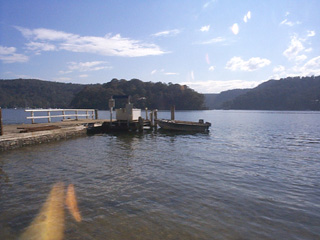
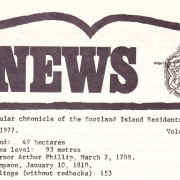
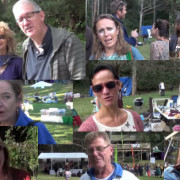
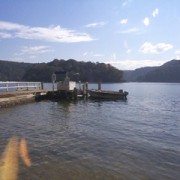
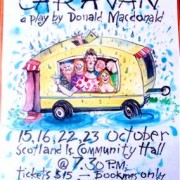
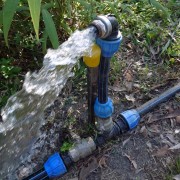


Leave a Reply
Want to join the discussion?Feel free to contribute!